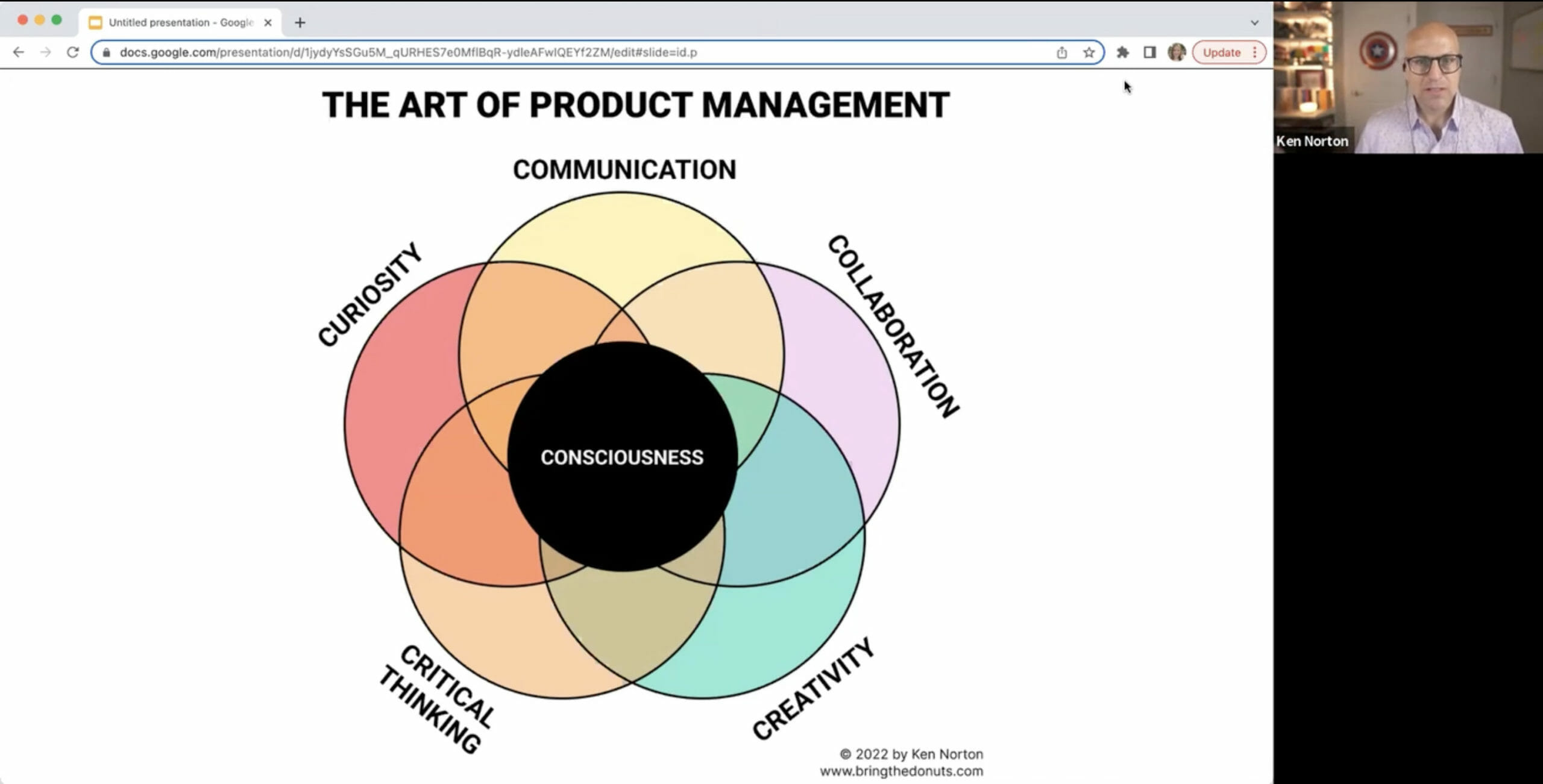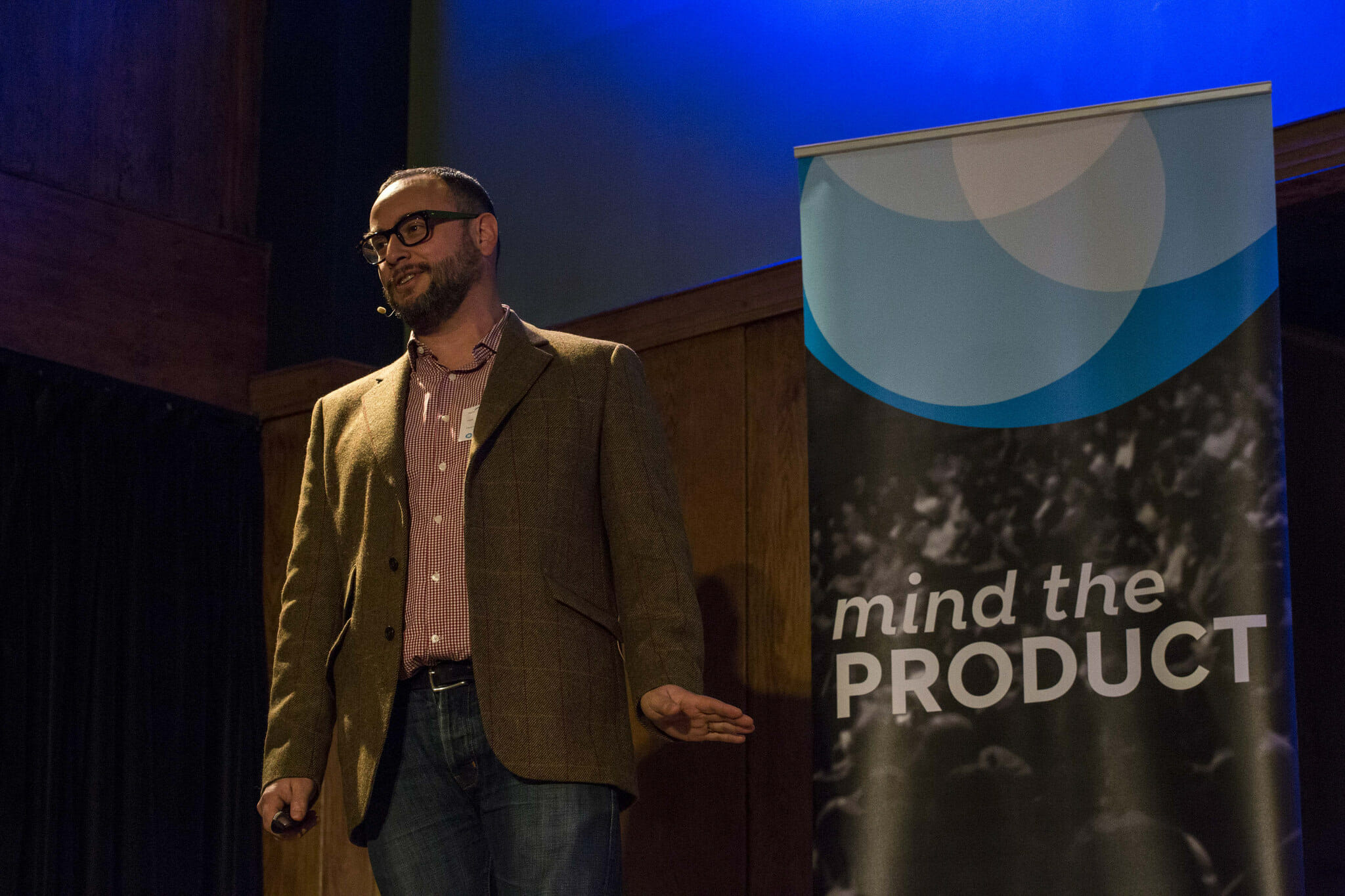What exactly do we mean by burnout? The World Health Organisation recognised burnout as an occupational phenomenon in 2019 and defines it as: “a syndrome conceptualised as resulting from chronic workplace stress that has not been successfully managed.” It’s characterised, according to the WHO, by: feelings of energy depletion or exhaustion; increased mental distance from one’s job, or feelings of negativism or cynicism related to one’s job; and reduced professional efficacy.
Workforce wellbeing has risen up the C-suite agenda in recent years, but all the evidence points to there still being a long way to go. A 2022 report from consortium Future Forum found that burnout is on the rise, particularly among women, young people and middle managers. And this 2023 report from Deloitte, As workforce wellbeing dips, leaders ask: What will it take to move the needle?, also makes dispiriting reading. It finds that many employees still struggle with unacceptably low levels of well-being and that most reported their health had worsened or stayed the same in the last year.
It’s very common for product managers to burn out
We know that burnout is even more common among product people. Mind the Product ran a quick poll in 2020 and found that over 80% of product managers either had had or were then experiencing burnout. In addition, the senior product management role is the one that most people want to quit in 2024, despite the high rates of pay the job attracts, according to research from Payscale.
Stress and burnout aren’t the only factors in quitting a job of course, and Mind the Product’s Managing Director Emily Tate comments that typically, in tech, people aren’t rewarded for staying at a company long-term. But they are important. Payscale’s Chief People Officer Lexi Clarke told CNBC that product managers, in particular, may have been spooked by high-profile layoffs in the tech industry and downsizing affects those that remain. It has an impact on their workload and can lead to more fatigue. And the signs for 2024 aren’t great so far – we’ve seen the layoffs of 2023 extend into this year, with Google, Amazon and Duolingo already letting go of hundreds of staff.
Why do so many product people burn out? This old LinkedIn post from Aha! CEO Brian de Haaff, This product manager had a breakdown, observes that too many product managers are beaten down by lousy strategy, poor communications, and just too many demands on their time, an observation that surely still resonates with many readers. Emily Tate adds: “The Product role is demanding and often is undefined. This means everything gets piled on to the product manager – strategic work and tactical work, so there’s a lot of context switching. There’s also a lot of stakeholder management, and you can feel like you’re always disappointing people and saying no. A product manager can end up becoming the centre of a lot of the negativity that comes with product development.”
Dominique Jost, Head of Product at Doist, comments that product people are often high achievers who feel there’s always more to be achieved. “Depending on your context and your personal makeup, you’ll find the perfect cocktail for burning out – lots of accountability but little authority, a very ambiguous role with indirect or intangible impact, and having to say “No” a lot to create any momentum,” he says. Plus, there’s “an ever-changing definition of the PM job and the fear of “not doing it right” because what is sold by thought leaders doesn’t match up with the reality of most PMs”.
Having been through burnout himself, Dominique decided to see what he could do to help others and did some research on product manager burnout a few years ago. He spoke about his experience, his research and stress management at MTP Engage Hamburg in 2021. Dominique was interested in how other product leaders went about keeping a balance between their work and ambitions and resting. He interviewed over 50 product leaders and found that workload, dealing with emotional topics, and having no purpose were their main stressors. He said: “You work and work and then you get sick, this is what happened to me… but you need to have some way of resting in order to satisfy your inner drive. If you don’t take care of yourself you have no chance of taking care of others.”
If you suspect that you’re burning out, what do you do?
Acknowledge the signs
There are a number of models that can help you to predict and manage burnout. This one comes from researchers at Berkeley and identifies six areas where an imbalance can lead to burnout. The six areas are workload, perceived lack of control, reward, community, fairness, and values mismatch.
To expand briefly:
- Your workload should match your capacity so you don’t feel overloaded
- A lack of autonomy or say in decisions affects your professional wellbeing
- If your rewards don’t match the time and effort you put in, then you can feel your investment isn’t worth the payoff
- We all need to feel connected to our colleagues, trusted and supported by them
- We all need to feel recognised and valued for the work we do
- If your values don’t align with the organisation then you’re likely to lose motivation.
You might also try the Oldenburg Burnout Inventory (OLBI). It was developed by researchers over 20 years ago and is widely used to assess occupational burnout. This article, on the training and coaching platform Bravely, gives a good explanation of OLBI and how it should be used.
Don’t soldier on alone
Obviously if you think you’re on the road to burnout you should try to change your circumstances and seek help. And here different strategies work for different people. Below are some suggestions, and there is more information and sources of help listed at the end of this article.
- Examine whether your values align with those of the business. If they don’t, what needs to change?
- Try to let go of perfectionism. Remember that any work is always a work in progress and at some point it will become good enough.
- Spend time working out what you need for things to improve, and ask for help. Don’t try to push through it, talk to people you trust, and/or a therapist.
- Make time for activities that make you happy.
Above all, remember that your colleagues typically don’t want you to fail or make yourself ill – it does no one any good. As Emily says: “Product management can be a fantastic job. If you work somewhere where everything clicks with the people you work and the product you work on, then it’s magical, it’s addictive.”
Let us know what you think!
We’d love to know your views on why product managers burn out and on what steps you take to manage your stress and prevent yourself burning out. Do get in touch, either on LinkedIn or by using the comments below.
Further reading
Lucia Adams on Burnout: the Signs, Symptoms, and Strategies
Burnout: Take These 8 Steps Before You Hit The Wall In 2024
In a world that glamorises stress, ‘burnout’ is a badge of honour. But there is a cure
Burnout was supposed to get better. It hasn’t.
‘I had so little insight into my own needs’ – my burnout story








Comments
Join the community
Sign up for free to share your thoughts